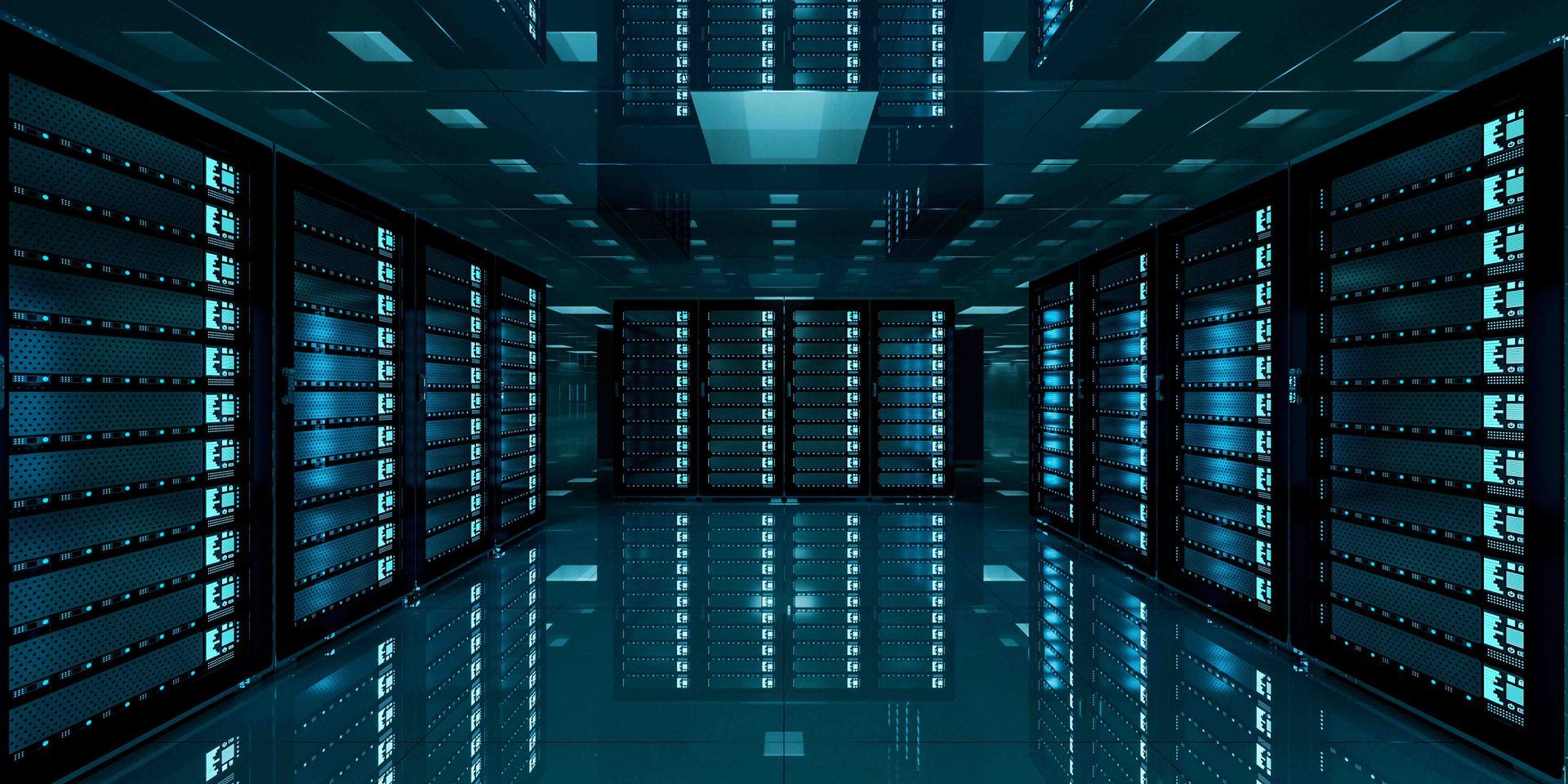What is Cloud Computing? Everything you need to know?

The word cloud computing is resonating everywhere, and it is no longer a mystery like it was before. It’s more frequent terminology that you encounter in this innovative digital era. But what exactly is cloud computing? Here we will tell you everything about cloud computing, so keep reading.
What is Cloud Computing?
Cloud computing, as per Wikipedia, is “Cloud computing is the on-demand availability of computer system resources, especially data storage and computing power, without direct active management by the user.”
Generally, cloud computing distributes computational operations via the Internet to provide rapid and real-time functionality, more flexible access, and productivity improvements. You normally just subscribe for the cloud solutions you employ, which helps you reduce expenses, operate the network more smoothly, and expand the cloud operation when your industry expands.
Businesses can acquire connectivity to everything from apps to storage space from a cloud platform provider instead of holding their private physical servers or data centers.
Another advantage of cloud infrastructure is that businesses can minimize the initial costs and hassle of building and operating their local IT systems by paying only for services they need when the time comes. As a result, cloud vendors can reap enormous efficiencies of scale by providing comparable operations to a broad class of consumers.
Although there are various methods to explain cloud computing, it always boils down to these five basic characteristics:
- Networking
- Management of data
- Cloud Storage space
- Services
- Devices
Types of Cloud Services
There four major categories of cloud computing infrastructure that are:
- Infrastructure as a service (IaaS)
- Platform as a service (PaaS)
- Serverless
- Software as a service (SaaS)
Sometimes these cloud computing services overlap each other, for which they are also known as a stack. However, knowing about the working of every service is important since they can let you know which suits best for your organization.
Infrastructure as a service (IaaS)
Cloud computing services in their most typical form is known as IaaS. In this type of service, you can lease IT facilities and virtual servers, space, networks, and operating systems on a pay-as-you-go approach from a cloud vendor with IaaS.
Platform as a service (PaaS)
Cloud computing services that provide an on-demand ecosystem for designing, debugging, deploying, and maintaining software solutions are called platform as a service. PaaS was created to simplify programmers to make desktop or mobile applications rapidly without being too bothered regarding establishing or maintaining the core architecture of computers, memory, communication, and datasets.
Serverless computing
Serverless computing, which coincides with PaaS, emphasizes developing applications without managing the machines and infrastructures involved to achieve it constantly. The cloud vendor handles installation, configuration management, and system administration. Serverless architectures are extensible and event-driven, meaning they only use services whenever a specified operation or event hits.
Software as a service (SaaS)
Software as a service or (SaaS) dispenses software programs via the network on request and usually by licensing. SaaS allows cloud service providers to play host and administer software applications and associated systems and address maintenance such as program upgrades and security fixes. Users access the application via the World wide web, commonly through an internet browser on their smartphone, tablet, or computer.
Types of Cloud Arrangements
You can get cloud services in three different arrangements that are:
1. Public Cloud
A third-party Infrastructure as a service cloud hosting maintains the public cloud. The internet is leveraged to supply hosting computers, databases, and other digital assets. Customers only require an internet browser to get services and pay invoices because the supplier covers all hardware and connectivity costs.
The good things about the public cloud are that it is a reliable and cost-effective service. Moreover, it also needs no maintenance and offers scalability. However, it is often considered unsafe to work on highly sensitive data.
2. Private Cloud
In a private cloud, an organization manages cloud services, architecture, and communications independently, without the involvement of other businesses or public systems. A firm’s data center can be located in-house, or a third-party provider might compensate to keep it all on a dedicated server.
While the private clouds offer more control and are customizable, ascendable, flexible, and secure, maintaining them is more difficult, and they need more money.
3. Hybrid Cloud
As the name implies, a hybrid cloud service is a mix of private and public clouds. Records, data, and applications may be exchanged and transported through this architecture. The private end can handle confidential tasks like accounts and computer forensics, while the public can handle high-volume activities.
The hybrid cloud computing gives you the benefit of improved agility, accessibility, and safety; however, they are more complex and require more maintenance.
Benefits of cloud computing
Cloud computing represents a significant change from how organizations have traditionally viewed IT assets. The following are seven of the most common reasons why businesses are switching to cloud computing services:
Budget
Cloud computing cuts the upfront costs of purchasing equipment and software and the costs of building up and operating on-site storage systems racks, 24-hour energy for electricity and ventilation, and IT professionals to manage the network. That multiplies exponentially.
Speed
Many cloud services are on-demand, which means that even heaps of computational services may be delivered in moments, usually with only a few button presses, offering enterprises a deal of versatility and reducing capacity management stress.
Efficiency
On-site data centers frequently demand a great deal of hardware configuration, software updates, and other time-consuming IT administration tasks. Due to cloud computing, many of these duties are no longer necessary, allowing IT professionals to focus on more key business objectives.
Performance
The most popular cloud-based services are hosted on an international system of protected data centers that are updated continuously with the current version of smooth and reliable computing gear. This has various advantages to a specific corporate facility: lower app propagation delay and increasing profitability.
Reliability
Since data may be duplicated at numerous independent locations on the cloud management infrastructure, cloud computing enables backup systems, recovery procedures, and continuity planning simpler and far more economical.
Security
Most cloud services offer a comprehensive system of rules, tools, and procedures to enable you to increase your cybersecurity stance and safeguard your information, applications, and systems from attacks.
Cloud Computing–What to Anticipate?
As per the International Data Corporation (IDC), nearly half of IT expenditure was cloud-based in 2018, and this drift is probable to continue in the following years. Almost every organization in the world is expected to use some sort of cloud service, implying that most online applications and business data flow will unavoidably be cloud-based.
Disclaimer: The information on this website and blog is for general informational purposes only and is not professional advice. We make no guarantees of accuracy or completeness. We disclaim all liability for errors, omissions, or reliance on this content. Always consult a qualified professional for specific guidance.






